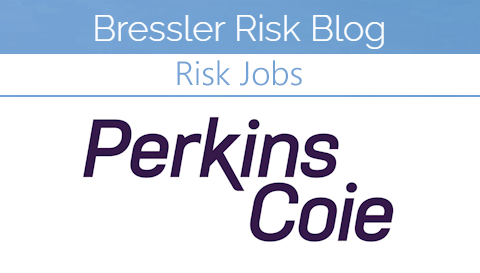An environmental group is suing a southeastern Minnesota city over a proposed data center.
The Minnesota Center for Environmental Advocacy filed the lawsuit in Goodhue County District Court. It names Pine Island, a city of about 3,600 people near Rochester, and developer Ryan Companies.
MCEA alleges that the city’s environmental review of a 482-acre development called Project Skyway was inadequate. The project would include at least 100 acres of data centers, possibly more.
Under one of the development scenarios, the data center could be up to 3 million square feet — about half the size of the Mall of America in Bloomington, said Aaron Klemz, MCEA’s chief strategy officer.
“The environmental study that was recently approved by the city of Pine Island didn’t address things that are necessary to look deeply into the impact of water usage, electricity usage, noise and light impacts from this massive facility that’s being proposed,” Klemz said.
The claim challenges a type of environmental planning tool cities sometimes use called an Alternative Urban Areawide Review.
MCEA argues the review lacks basic details about the project, including potential impacts from the water and energy it would use. It’s asking the court to pause the project until the city completes a more thorough review.
The Project Skyway review says the project could use up to 55.7 million gallons of water per year, about half of the amount the entire city of Pine Island currently uses. The U.S. Geological Service says a million gallons of water would fill a 10-foot deep swimming pool that is 50 feet wide and 267 feet long, which is nearly as long as a football field.
And based on other data centers, its electricity demand could be a hundred times more than what the city’s current residents and businesses use, KIemz said.
The Pine Island mayor, city administration and attorney declined to comment on pending litigation.
This is the fourth time MCEA has challenged cities’ reviews of proposed data centers in the last two months. It also appealed over projects in Lakeville, North Mankato and Faribault.
Roughly 10 so-called “hyperscale” data centers have been proposed across Minnesota. Just one, a Meta facility in Rosemount, is under construction.
Data center developers promise the projects will bring jobs, economic growth and tax revenue. But opponents have voiced concerns about their vast electricity and water needs, as well as air, noise and light pollution.
The Minnesota Legislature added new regulations on the booming data center industry during its last session, including requiring them to share more information with the Minnesota Department of Natural Resources about the amount of water they’ll use.
However, the legislation didn’t go as far as some opponents wanted, including requiring data centers undergo a more in-depth review called an environmental impact statement, or EIS.
Klemz said the Minnesota Center for Environmental Advocacy plans to continue to push for new regulations on data centers, including requiring an EIS. In the meantime, the group will continue to look closely at every data center proposal, he said.
“If all of these proposed data centers come to fruition, it could more than double the amount of electricity used in the state of Minnesota, and that’s a really unprecedented increase,” Klemz said.








